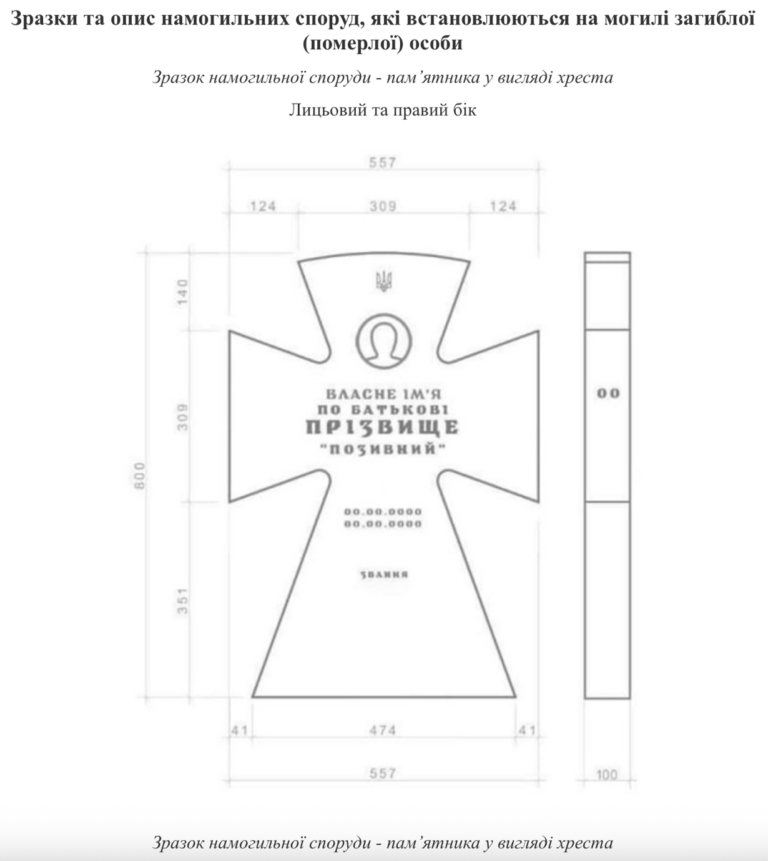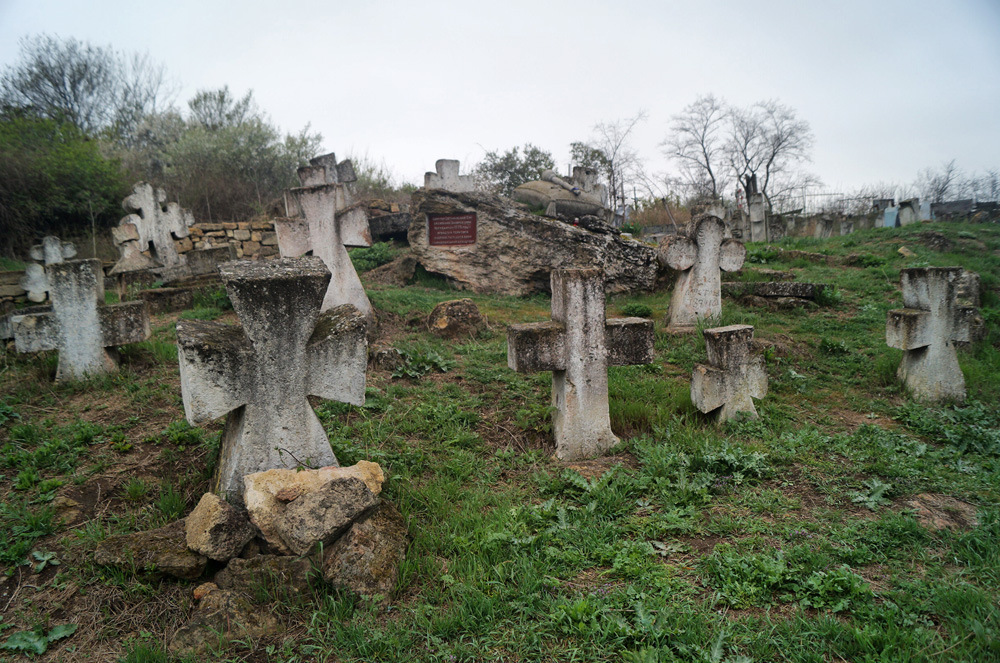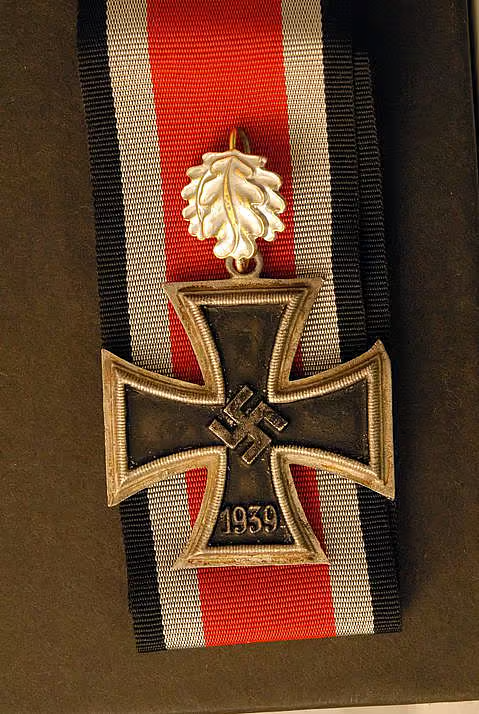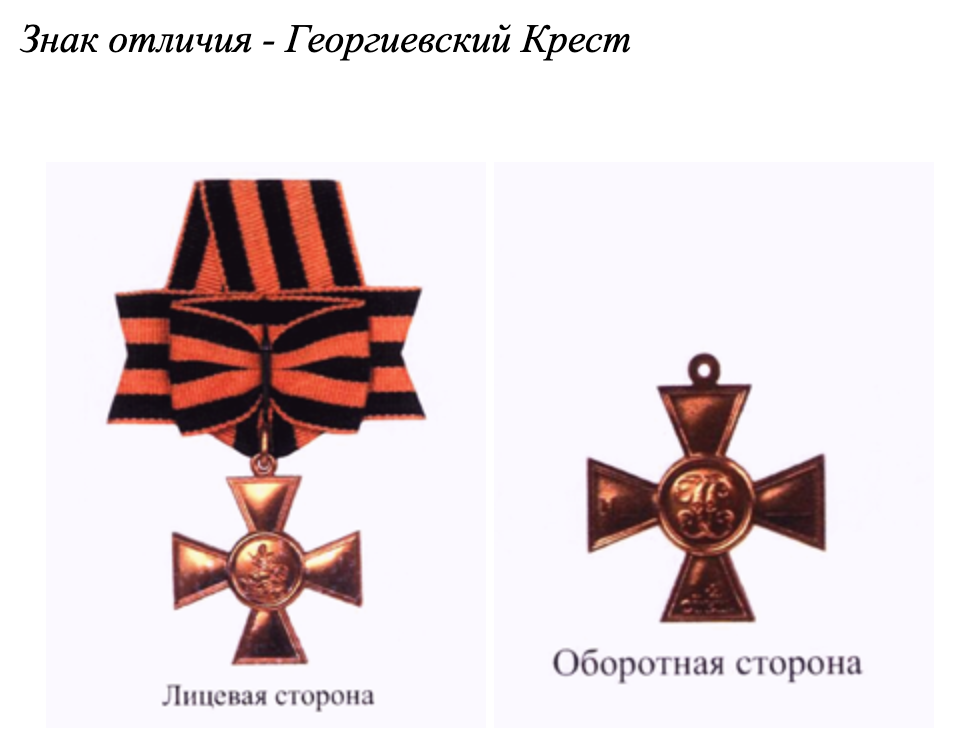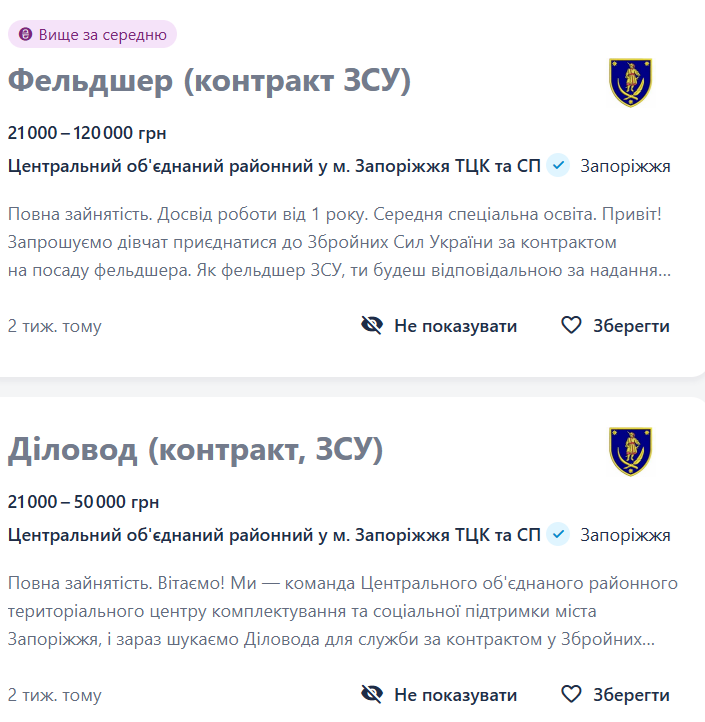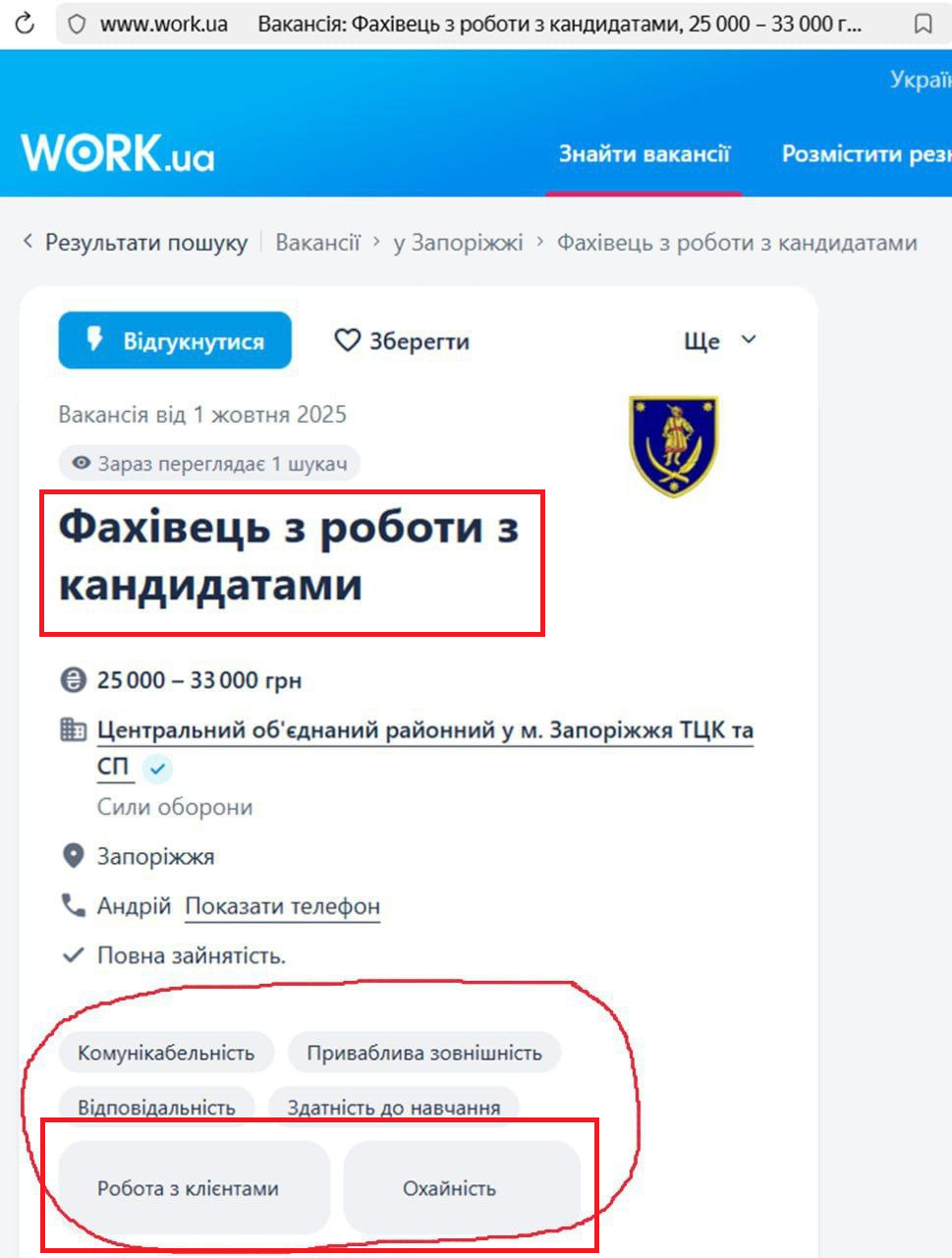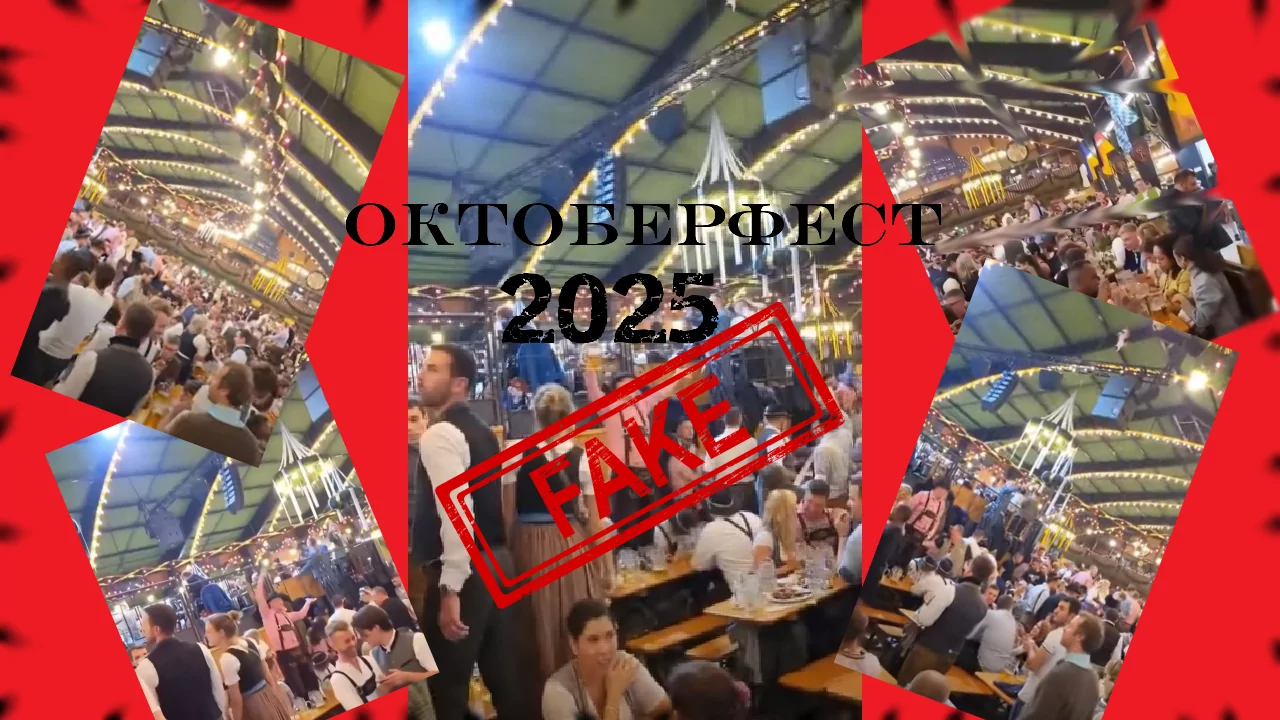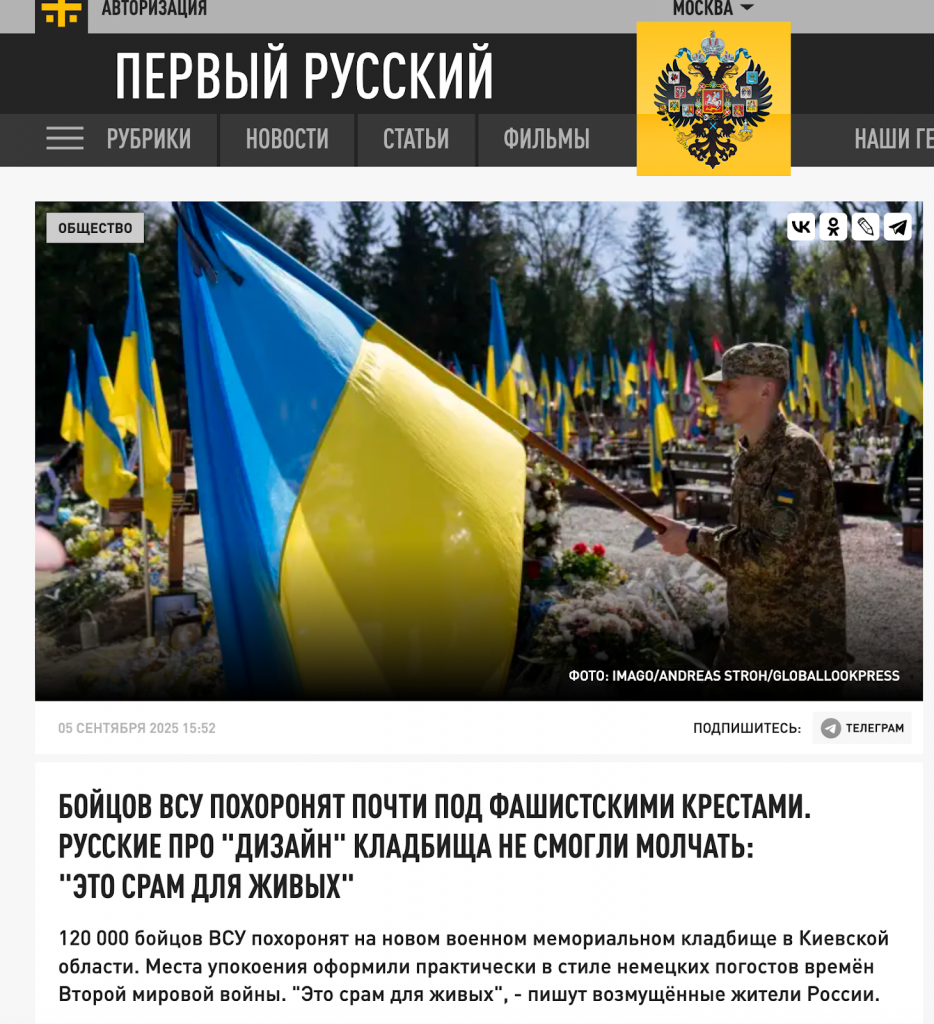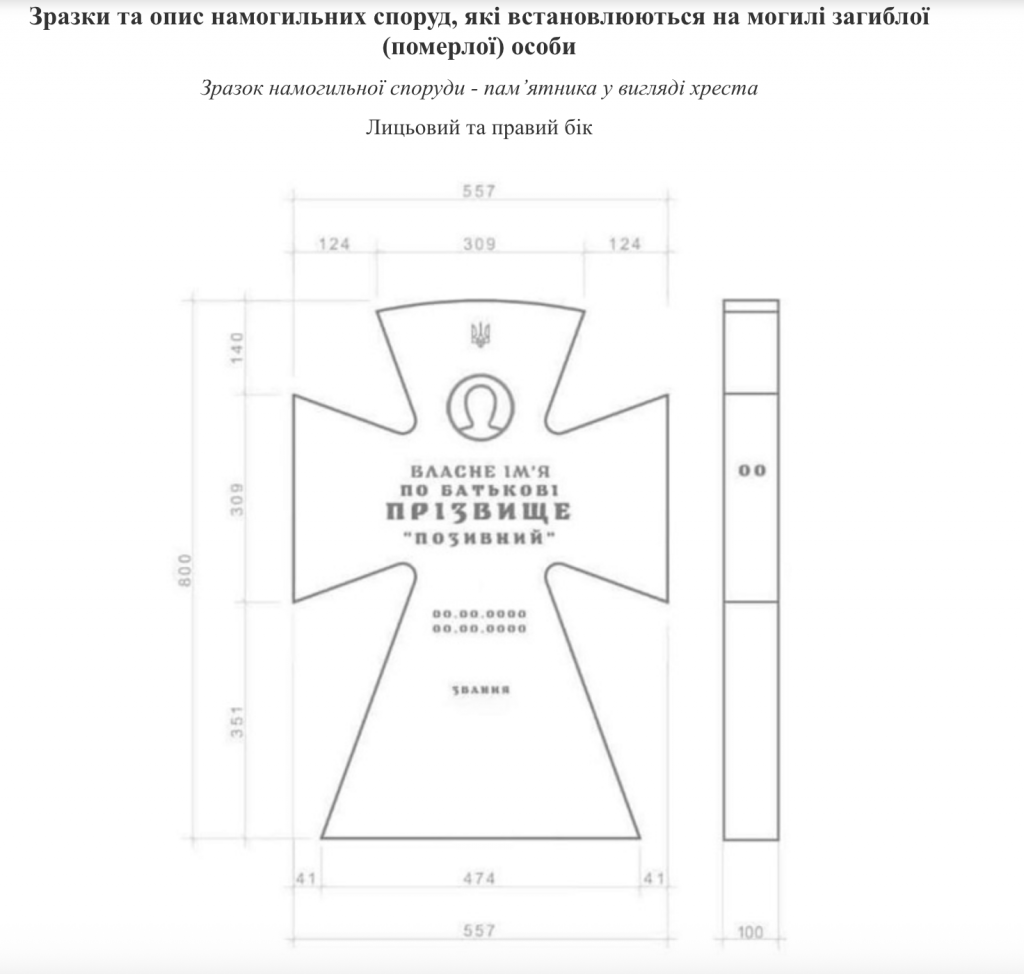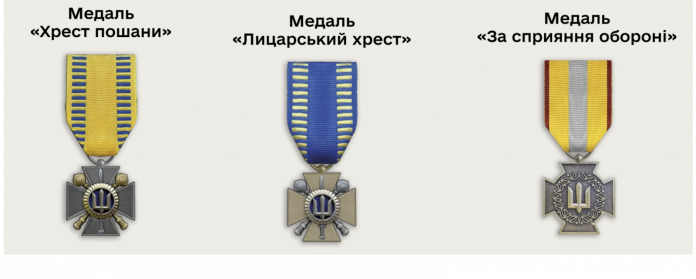The project Beyond the News published a publication about a new youth subculture called Essence, which is added to the name of the city on the corresponding telegram channels. At first, it seems like just another online hangout for teenagers, where members publicly express their opinions about a certain person by suggesting new photos to the administrators. However, in reality it turned into public bullying. Some messages shock adults: “spit on them”, “circumvent them by the tenth road”, “tell them to fu*k off”, “beat them with your feet” - these are just some of the calls that can be seen on these telegram channels.
Most of the publications there resemble revenge on friends or acquaintances or collective bullying of a classmate. In order to insult or frame someone, it is enough to send a photo of the person causing hostility through a special bot and tell nasty things about him. The worst photos are chosen to highlight the victim's abnormality even more. Information is taken from open sources, because teenagers often publish their own photos on social networks, where they can look amazing - this is a kind of teenage trend. Or customers can wait for their victim and photograph him like a paparazzi.
Administrators of such channels are not responsible, since all messages are anonymous. And there were not even cases of punishment for this. Some channels offer victims to find out who ordered them and/or delete the message, but this costs 200-400 hryvnia. Not much, but for a child it can be noticeable.
According to project specialists, not everyone has forgotten the calls for child suicides due to the Blue Whale “game” and mass brawls between teenage participants of the “Redan PMC” in Ukrainian cities. The children first saw them as ordinary communities or subcultures that they wanted to be a part of. In both cases, this happened first in Russian cities and then spread to Ukrainian ones.
The national police then stopped the actions of the teenagers and blocked 30 channels and groups of the Redan private security company in Ukraine. According to official data from law enforcement officers, “the artificial spread of such a subculture is an attempt by Russian propagandists to conduct another information and psychological operation and attract teenagers to illegal activities”.
Specialists from Beyond the News analyzed dozens of telegram channels under the Essence brand. Many of them form one network and are administered by the same people, but there are also autonomous ones. They were unable to find unconditional evidence that this is part of Russian Internet propaganda. Most subscribers are Ukrainian teenagers; communication channel administrators indicate the numbers of Ukrainian mobile operators. There are no suspicious connections with Russian curators. If most of the channels of PMC Redan operated in Russia, then Essences operated primarily in Ukraine. Although investigators found “Entities” with references to Moscow and St. Petersburg in the title, the number of their subscribers is very small.
However, this does not mean that Russia cannot use them with bad intentions. Even if these channels are created and managed by Ukrainian ones, nothing prevents Russian propagandists and FSB agents from buying them out. Subscribers of such resources are a good audience for introducing the necessary enemy narratives. Teenagers in them are deeply involved in the Russian cultural, social and information space. They are well aware of Russian trends, music, the latest rumors, quotes from Russian rappers, sharing sticker packs with their images and Russian “voice memes”. Communication takes place predominantly in Russian, even in the “Essence of Lviv”.
It’s hard not to notice a certain cyclicality: in 2022, Blue Whale returned to Ukraine (the first mentions date back to 2017), in February 2023 – “PMC Redan”, in February 2024 – “Essence” (in fact, back in the summer of last year, however, they have gained popularity only now). This may indicate both natural changes in trends and subcultures among teenagers, and an artificial increase in attention to this phenomenon. Detector Media published a detailed analysis of how Russia actually came up with the subculture “PMC Redan” based on the cultural phenomenon “Redan”.

